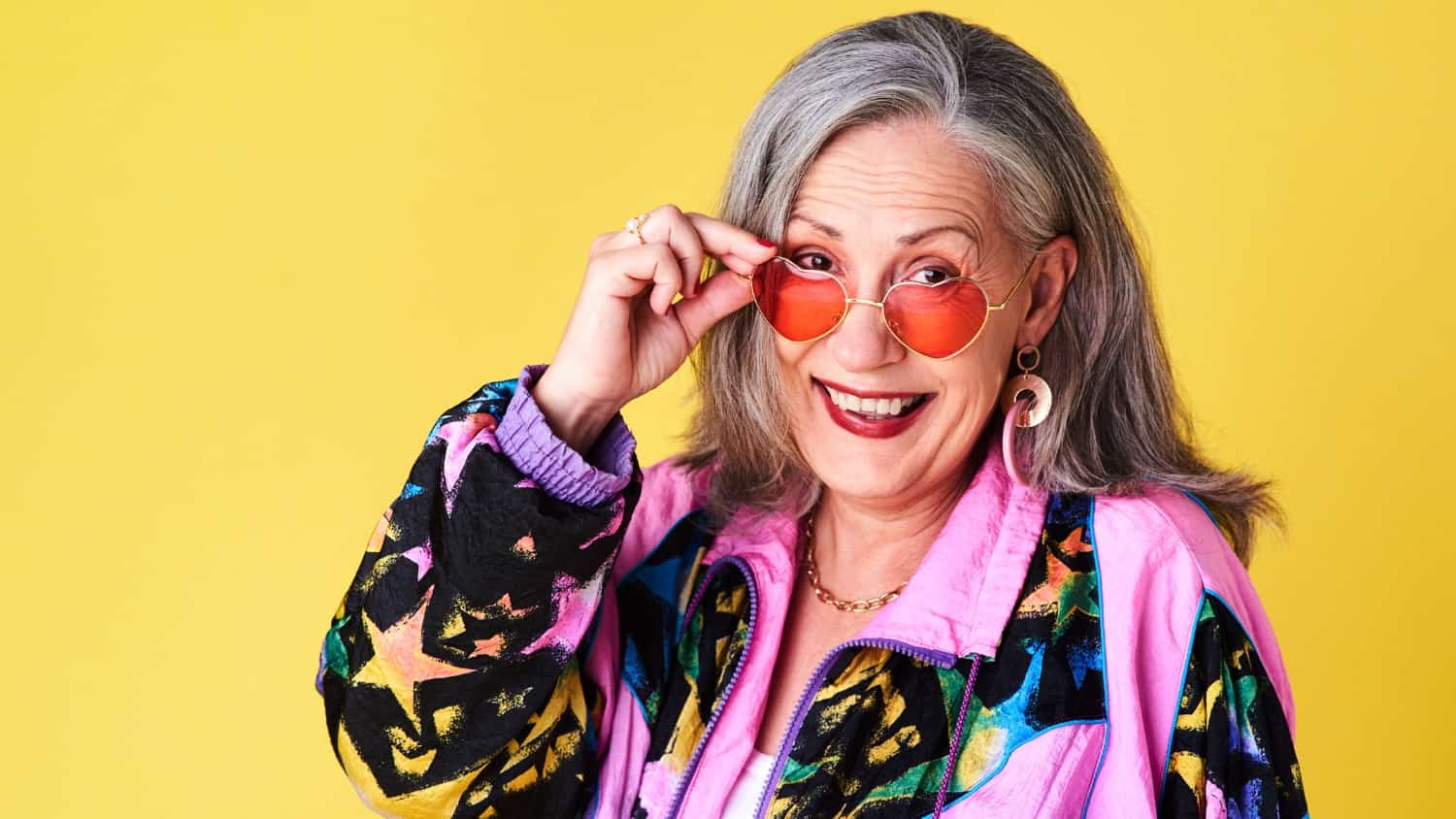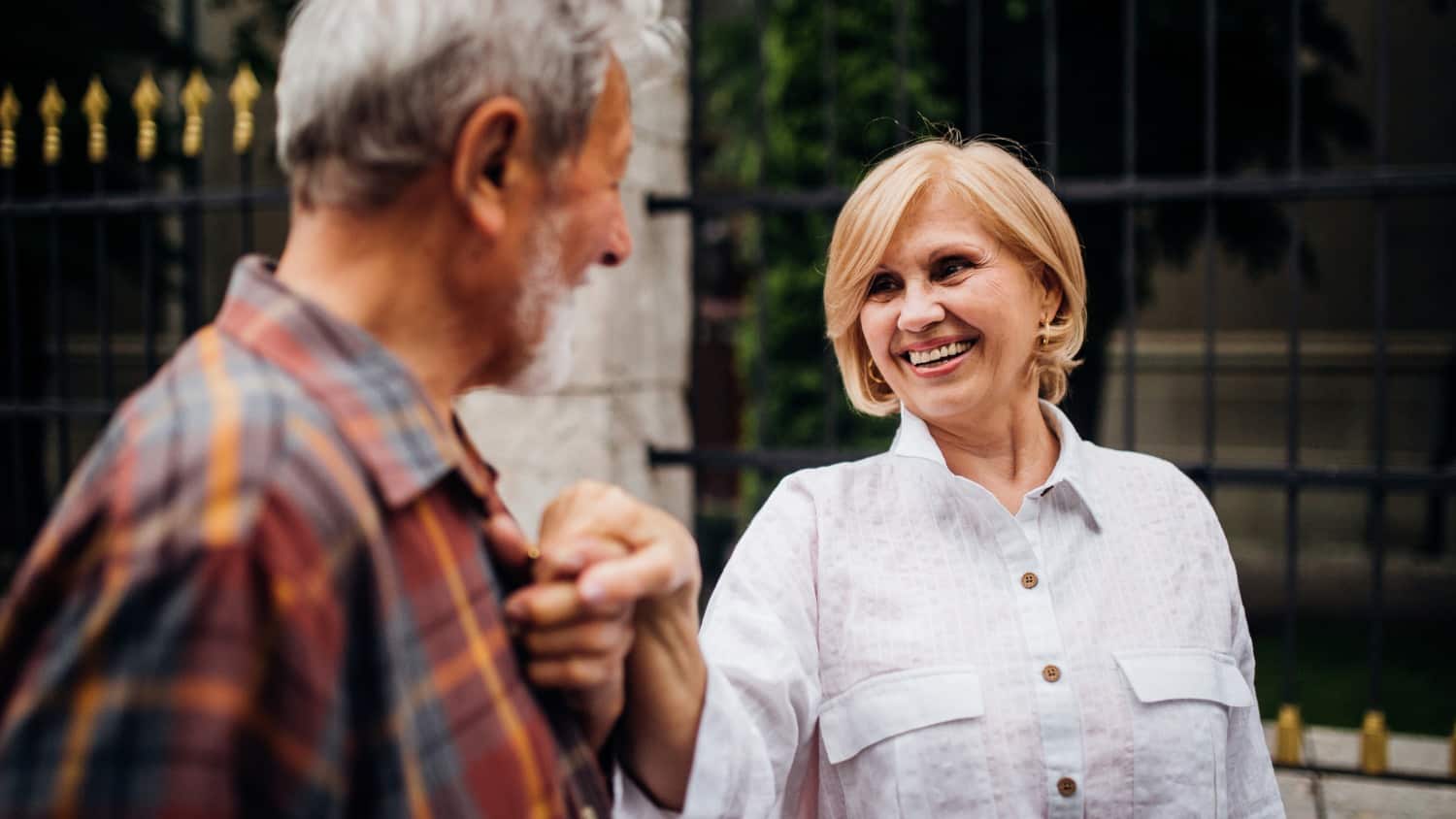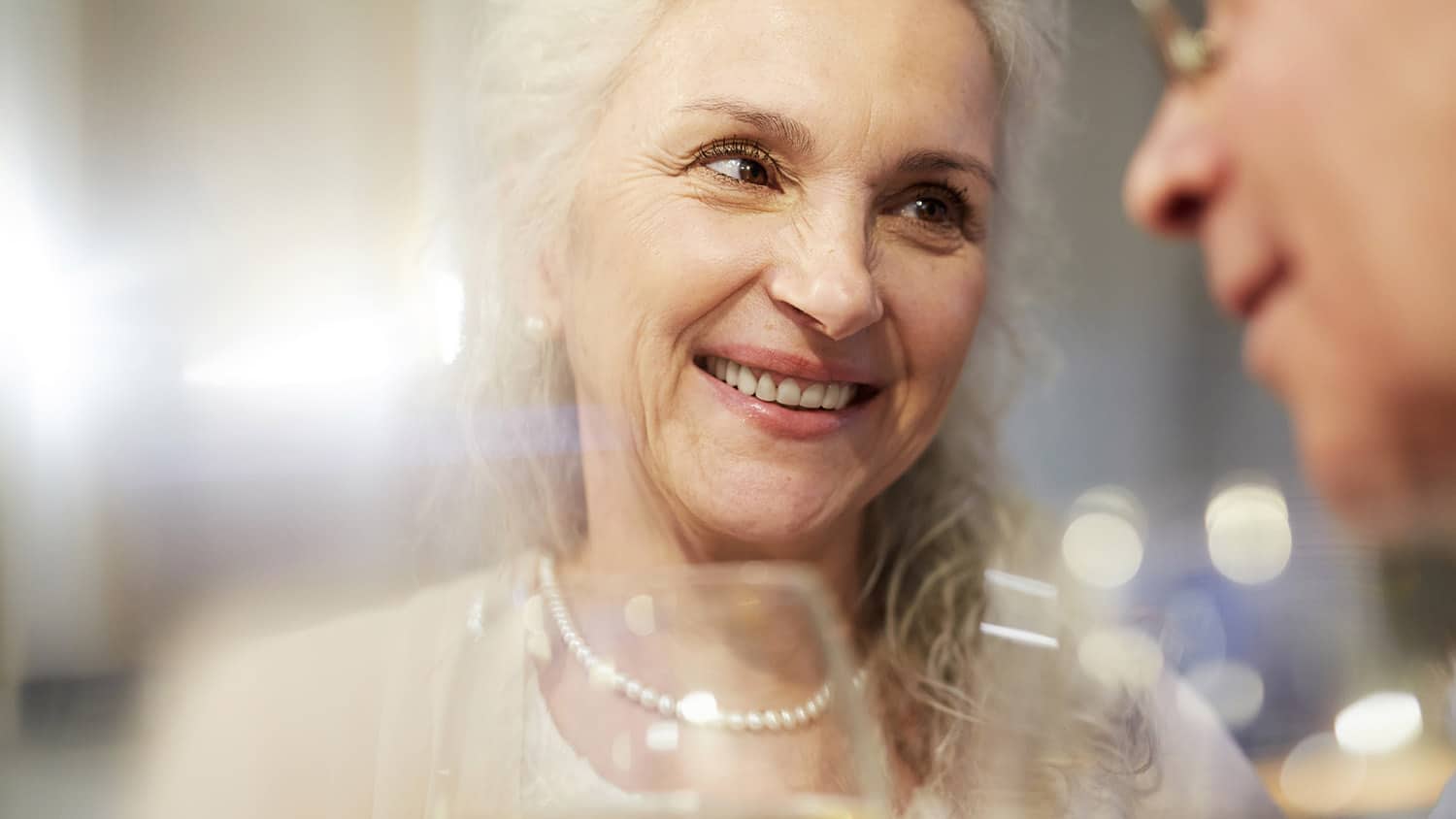
Is Dating 1800 Style Back, and Why Is That Such a Good Thing?
I was recently re-reading a little bit of Jane Austen during these restricted times and was immediately struck by some similarities with our current situation when it came to the topic of commencing and encouraging new relationships and all the communications that went with it.
For we, during the peak of the global pandemic, have all been forcibly transformed from our age of instant gratification to an early 19th-century world.
To illustrate, we do not go out to meet new people directly but, like our predecessors, rely on other types of communication. And although we hardly use snail mail, present age technology allows us to kindle a new relationship from afar and anticipate all it might bring before actually meeting.
Is this a bad thing? Possibly not, if you think about the way we get to know people.
Until recently, “dating” was usually a matter of meeting fairly quickly, then doing things together, such as having dinner, enjoying a coffee together, or a theatre trip. And if there was mutual attraction, it was soon full steam ahead into a relationship.
The Art of Correspondence
But compared to our counterparts from the 1800s, we know precious little about the people we start a relationship with.
In their day, letters would have been written, initially as introduction and then between the potential couple. And I do mean many letters. You only have to read a history of any celebrity of the age to find that hundreds of letters were left in their estate.
In these conversations, the new couple discussed anything and everything in great detail – especially their feelings pertaining to so many different subjects and issues of the day.
From the most mundane daily trivialities to events of great personal importance, everything was described in vivid detail, because there was no photography or video – let alone Internet – to replace verbal communication.
Strangely, the slow speed of communication gave people the time to really think about their ideas and to use carefully crafted language to express subtleties of emotion that are simply lost to us today. But perhaps they can now be rediscovered.
Of course, we do now have all the aids of technology to assist us, even if we are somewhat physically isolated for the moment, so most of us would be using email or social media to communicate.
The one principle that still applies in dating today is simple: it is better to get to know someone rather more deeply before starting out on a relationship.
The Old Normal or the New Normal?
Of course, one day our social restrictions will end, and we will return by stages to normal life. How rewarding would it be to then meet up with a man with whom you have been conversing and corresponding for several months about every topic under the sun?
It would be far from a blind date. In fact, it would probably be the most well-informed date that you will ever go on.
But we do also hear talk of the “new normal,” where a lingering uncertainty about the virus will remain, and we will feel uncomfortable meeting too many new people, particularly in public places. So dating at a distance could persist for somewhat longer.
This trend could transform the usage of social media from its current state. Presently, according to surveys, people have an average of about 150 friends, but less than a quarter of them are real life acquaintances, and only three or four of their contacts are strong, trusted, real world friends.
According to all published data, the vast majority of online friends remain as friends purely in the virtual world. But, if the norm for future dating involves beginning at a distance, we may reverse that social media trend and turn virtual friends into real friends and then into relationships.
And perhaps it will be better that way.
Are you happy to turn back the clock and meet people at a distance? Do you believe that we should rethink the way we meet new partners? Please join the conversation.
Tags Senior Dating Advice






